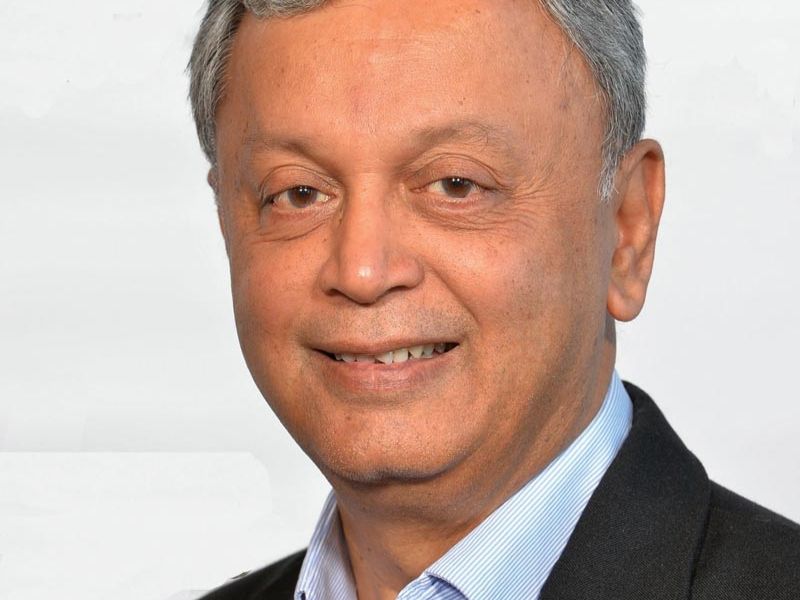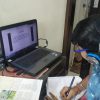50 Leaders who can revive Indian education – Madhav Chavan
 Madhav Chavan
Madhav Chavan
Co-founder, Pratham Education Foundation
A chemistry postgrad of Mumbai and Ohio State universities, Dr. Madhav Chavan is co-founder and director of the Pratham Education Foundation (estb.1994), nationally acclaimed for its international fundraising, national Read India campaign and sustained publication of the Annual Status of Education Report (ASER) which measures learning outcomes in primary education countrywide through field testing.
What are the major challenges confronting primary education in the new Covid-19 era?
Poor basic literacy, numeracy and soft skills continue to be a major problem. Enrolment in primary schools is above 97-98 percent. But we expect a sharp increase in temporary dropouts as a result of loss of livelihoods. A substantial shift from fees-levying private schools to free-of-charge government schools is also on the cards, especially of rural girl children.
How feasible/realistic is digital online education in rural India?
If children can be provided with digital devices, Internet connectivity at no cost and if all teachers are trained to teach online, it is feasible. When such questions are asked, it is often overlooked that physical schools where children gather together to learn from teachers will continue to exist. The question really is how can digital devices and resources help to address the lacunae in school education. Online education won’t necessarily address the problems of education but digital devices and resources could possibly help in improving learning outcomes if we use the strengths of technology and don’t forget that the child has to be at the centre, not technology or teachers.
What are your Top 3 proposals for reviving and reforming primary schooling in India?
The government of India has declared that a National Mission for Literacy and Numeracy for children up to five years of age will be launched in December 2020. Implementing it committedly is my first proposal. The government is also encouraging promotion of pre-primary schools and stronger early childhood education as per the recommendations of the draft National Education Policy 2019 of the Dr. K. Kasturirangan Committee. That is my second proposal. Devising ways and means of strengthening parents’ participation in children’s learning processes is my third recommendation.
What are your future plans for Pratham Education Foundation?
A lot has changed and much remains the same. We have learned a lot during the past three months. We were experimenting on a large scale with digital devices and resources to assist several state governments and 200 NGOs, small and large. We will continue to work with state governments to universalise preprimary education and improve literacy and numeracy in primary education. Although Pratham is widely perceived as a rural development NGO, we also serve underprivileged urban in addition to rural communities. In the immediate future, we will be focusing on building capacities of volunteers and parents to participate in children’s learning. Digital resources and communication will play a pivotal role in our work from hereon.















Add comment